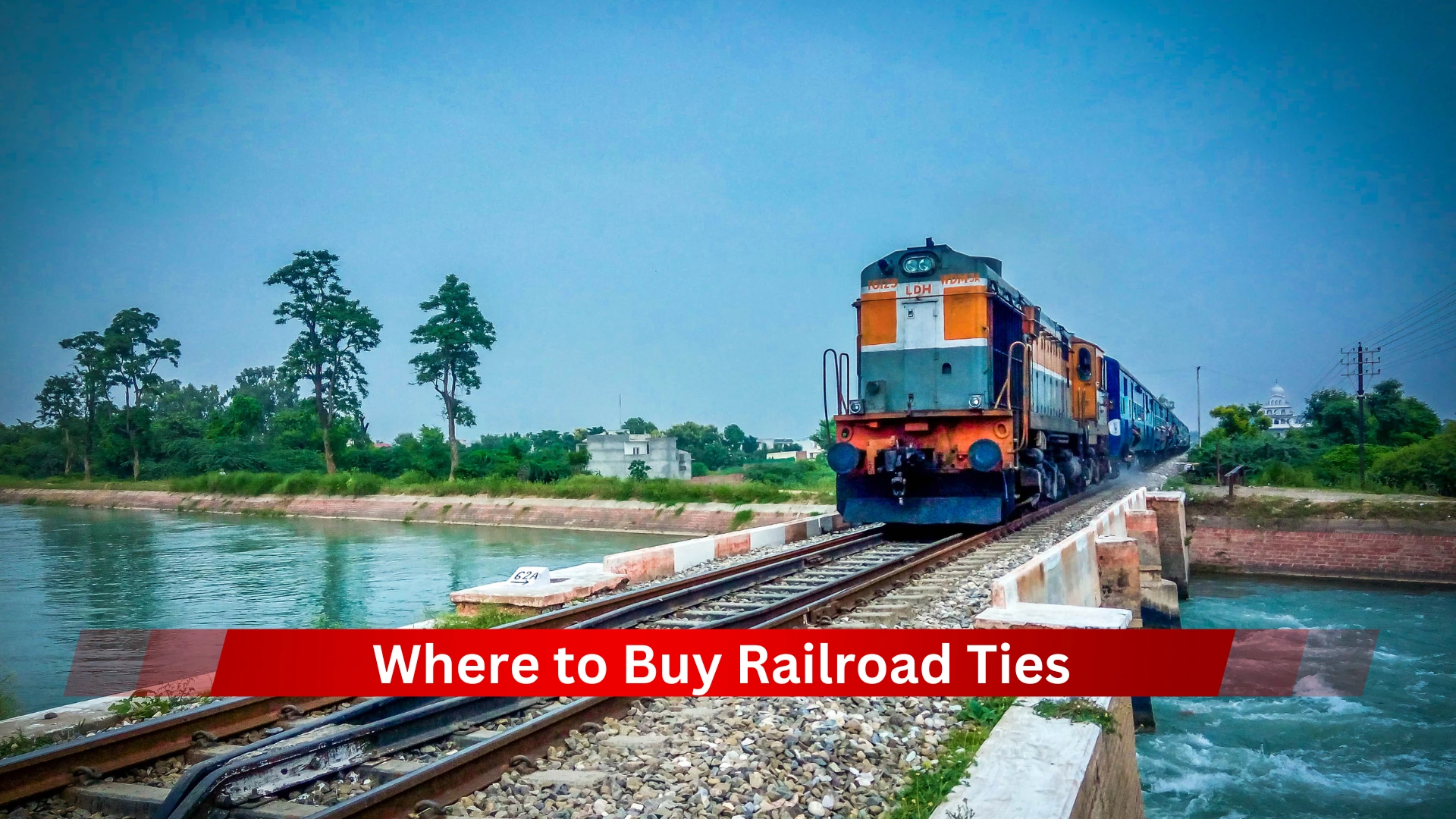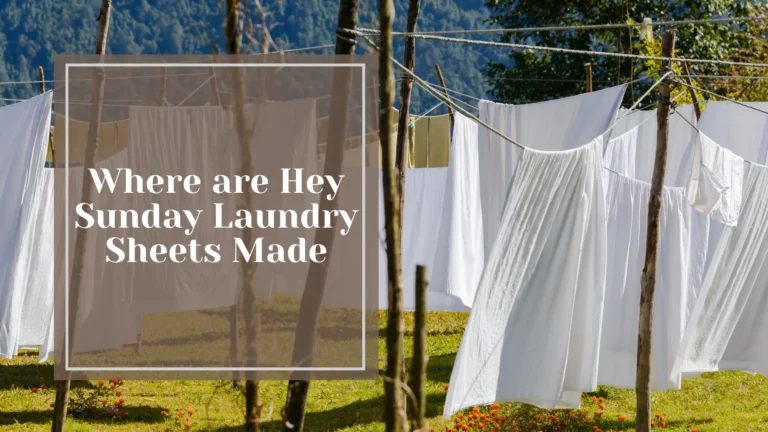Where to Buy Railroad Ties

Railroad ties, also known as cross ties or sleepers, are an essential component of railway tracks. However, they have also become widely used in landscaping, retaining walls, fencing, and other construction projects due to their durability and rustic appeal. If you’re looking to buy railroad ties, understanding the different types, purchasing options, and considerations can help you make the best decision.
Understanding Railroad Ties
Before you begin searching for railroad ties, it’s essential to understand the types available in the market. Railroad ties come in various conditions, materials, and treatments, each suited for specific applications.
New Railroad Ties
New railroad ties are freshly manufactured and have never been used on railway tracks. These are typically made from hardwoods such as oak, hickory, and maple. They offer the highest durability and structural integrity. Since they have not undergone treatment with harsh chemicals like creosote, they can be safely used in residential projects where human and pet contact is frequent.
Used Railroad Ties
Used railroad ties have been previously installed on railway tracks. They usually show signs of wear, such as cracks, splinters, and slight warping. Most used ties have been treated with preservatives like creosote to enhance their longevity, making them more resistant to pests and moisture. However, creosote-treated ties should not be used for projects involving direct contact with soil used for gardening or areas where children and pets frequently play.
Untreated Railroad Ties
Untreated railroad ties are free from chemical preservatives. They are ideal for organic gardening, children’s play areas, and places where environmental impact is a concern. However, because they are untreated, they may not last as long as creosote-treated ties when exposed to outdoor elements.
Top Places to Purchase Railroad Ties
Railroad ties are available at various retailers, from home improvement stores to specialty suppliers and online marketplaces. Each option has its advantages depending on your needs.
1. Home Improvement Stores
Large home improvement stores often stock railroad ties, especially used ones. These stores offer the convenience of local pickup and competitive pricing.
- Home Improvement Chains: Many well-known retailers sell railroad ties in standard sizes. Availability may vary by location, so checking online or calling ahead is recommended.
- Stock Availability: Since these ties are often in demand for landscaping projects, stores may run out of stock during peak seasons.
2. Specialized Suppliers
For those who need bulk quantities or specific grades of railroad ties, specialized suppliers provide a more reliable option.
- Railroad Material Suppliers: Companies specializing in railway infrastructure sell new and used tires in various grades, ensuring quality consistency.
- Custom Orders: Some suppliers allow custom orders, offering different sizes and treatment options based on the buyer’s needs.
- Wholesale Pricing: If you need a large quantity, wholesalers often provide discounts.
3. Agricultural and Farm Supply Stores
Farm supply stores are another excellent source for railroad ties, as they are frequently used for fencing and livestock enclosures.
- Availability: These stores usually carry used ties with creosote treatment to enhance durability.
- Size Options: Sizes may be limited compared to specialized suppliers.
4. Online Marketplaces
For those looking for flexibility in pricing and location, online marketplaces provide a convenient way to source railroad ties.
- Classifieds & Auctions: Websites offer listings for both new and used railroad ties from various sellers.
- Delivery & Pickup: Some sellers provide delivery options, while others require local pickup.
Factors to Consider When Purchasing
When purchasing railroad ties, there are several factors to take into account to ensure you select the best option for your project.
1. Condition and Grade
Railroad ties are categorized into different grades based on their condition:
- Premium Grade: These ties are in excellent condition, with minimal wear, making them ideal for structural and high-quality landscaping applications.
- Grade #1: Shows some signs of wear but is still solid and durable. Perfect for general landscaping projects.
- Grade #2: More wear and imperfections, best suited for decorative or non-load-bearing applications.
2. Chemical Treatments
Many used railroad ties are treated with creosote, a chemical preservative that extends their lifespan but can be hazardous.
- Safety Concerns: Creosote-treated ties should not be used in areas where they may come into direct contact with soil used for gardening, water sources, or frequently handled surfaces.
- Alternative Options: If chemical exposure is a concern, opt for untreated ties or look for ties treated with eco-friendly preservatives.
3. Size and Dimensions
Standard railroad ties typically measure around 7 inches x 9 inches x 8 feet, but variations exist. Ensure the dimensions match your project’s needs. If you need longer or shorter ties, specialized suppliers may offer custom cuts.
4. Local Regulations
Before purchasing, check your local building codes and regulations regarding creosote-treated wood. Some regions have restrictions due to environmental concerns. Additionally, disposing of old railroad ties may be regulated due to their chemical treatments.
Conclusion
Railroad ties are an excellent choice for landscaping, retaining walls, and other outdoor projects due to their strength and rustic appearance. Whether you choose to buy from home improvement stores, specialized suppliers, farm supply outlets, or online marketplaces, knowing the different types, conditions, and purchasing factors will help you make an informed decision. Always consider safety, chemical treatments, and local regulations before making your purchase.





